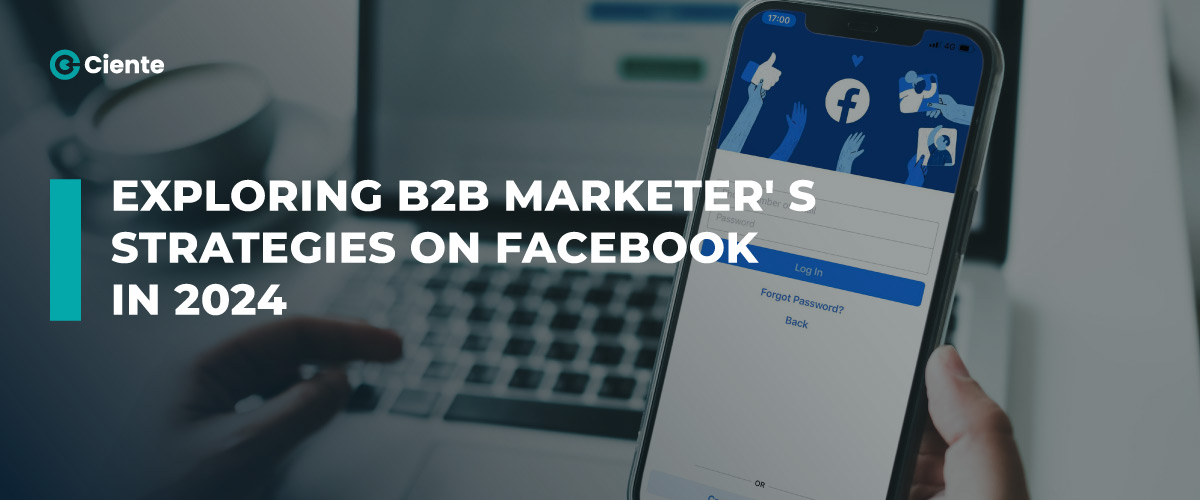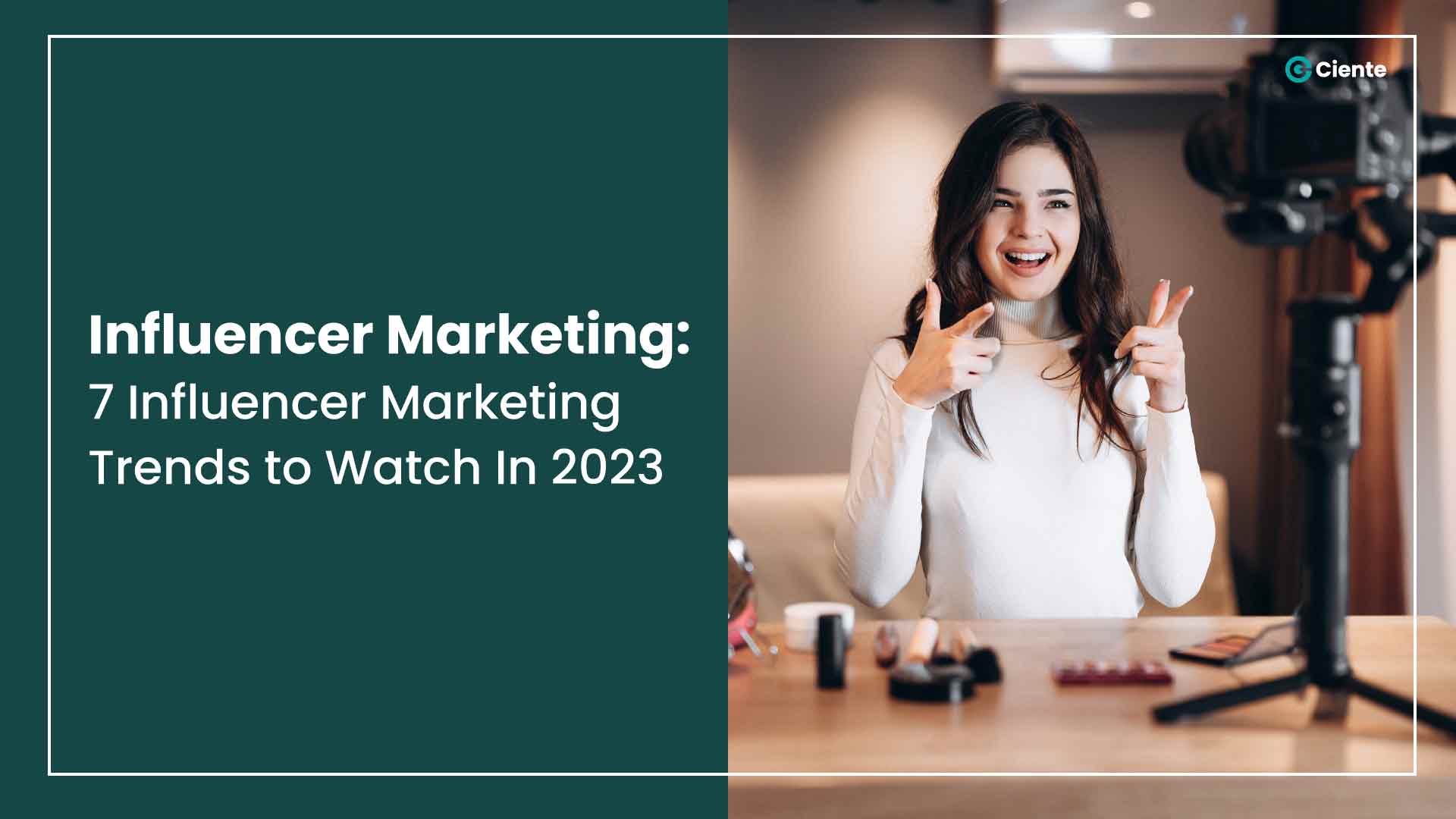
How to Develop a Winning B2B Content Marketing Plan?
There’s a stark difference between a marketing strategy that generates

There’s a stark difference between a marketing strategy that generates

If more companies know your business and offerings, you can

From cat videos to CEOs, Facebook’s 2.9 billion users are

Discover the latest influencer marketing trends to watch out for